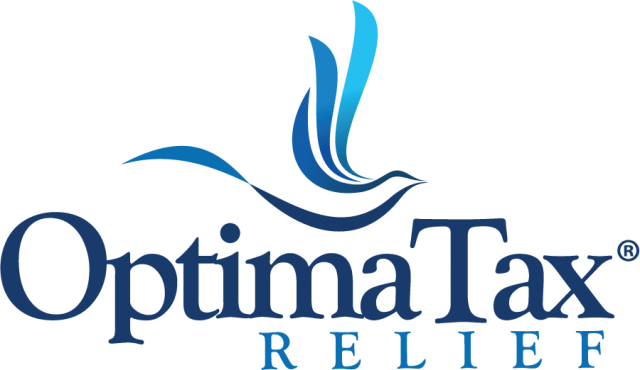As the 2025 tax filing season begins, the Internal Revenue Service (IRS) provides several recommendations to help taxpayers navigate the process efficiently and accurately. Optima Tax Relief relays these recommendations to help taxpayers have a smooth 2025 tax filing season.
Gather and Organize Tax Records
Maintaining organized tax records is crucial for preparing a complete and accurate tax return. This practice helps avoid errors that could lead to delays in refunds and ensures that taxpayers do not overlook potential deductions or credits. Essential documents to collect include:
- Forms W-2 from employers
- Forms 1099 from banks or other payers
- Forms 1099-K from third-party payment networks
- Forms 1099-NEC for nonemployee compensation
- Forms 1099-MISC for miscellaneous income
- Forms 1099-INT for interest income
- Records of all digital asset transactions
Establishing an effective record-keeping system, whether electronic or paper-based, can streamline the filing process.
Report All Taxable Income
Taxpayers must ensure they report all forms of taxable income. This includes income from part-time or seasonal work, self-employment, and services provided through mobile apps. Accurate reporting helps avoid potential issues with the IRS.
Consequences of Failing to Report All Income
Failing to report all taxable income can lead to serious consequences, including:
- IRS Notices and Audits: The IRS cross-references reported income with tax forms filed by employers, banks, and payment processors. Discrepancies may trigger an audit.
- Penalties and Interest: Unreported income may result in accuracy-related penalties of up to 20% of the understated tax liability, plus interest on the unpaid amount.
- Fraud Charges: Intentional underreporting of income can lead to severe consequences, including civil fraud penalties of 75% of unpaid tax and, in extreme cases, criminal prosecution.
File Electronically and Use Direct Deposit
Filing tax returns electronically and opting for direct deposit is the fastest way to receive refunds. Electronic filing reduces errors by guiding taxpayers through each section of their tax return and performing necessary calculations. Direct deposit provides quicker access to refunds compared to waiting for a paper check. Taxpayers can use a bank account, prepaid debit card, or mobile app for direct deposit but will need to provide accurate routing and account numbers.
Utilize IRS Free Resources
The IRS offers several free resources to assist eligible taxpayers:
- IRS Free File: Provides free tax preparation, electronic filing, and direct deposit for qualified individuals.
- IRS Direct File: A new, free online tax filing service provided directly by the IRS. Direct File is designed for eligible taxpayers to file simple federal tax returns online without using third-party software.
- Volunteer Income Tax Assistance (VITA) and Tax Counseling for the Elderly (TCE) Programs: Offer free tax help to people who qualify, including those who earn $67,000 or less, individuals with disabilities, limited English speakers, and seniors.
Choose a Reputable Tax Professional
For those seeking assistance with their tax returns, selecting a qualified and trustworthy tax professional is essential. To choose a reputable tax professional, verify their credentials (CPA, EA, tax attorney, or AFSP participant) and ensure they have a valid Preparer Tax Identification Number (PTIN). Look for experience relevant to your tax situation, check reviews, and confirm they offer year-round support. Avoid preparers who base fees on refund amounts or promise unusually large refunds. Ensure they provide e-filing and never sign a blank return. Use the IRS Directory of Tax Preparers to verify qualifications and select someone who prioritizes accuracy and compliance.
Avoid Common Errors
To prevent processing delays and potential penalties, taxpayers should:
- Use the correct filing status
- Ensure all names and Social Security numbers are accurate
- Double-check calculations
- Sign and date the tax return
- Retain a copy of the filed return for records
Conclusion
By following these IRS-recommended tips, taxpayers can make the filing process smoother, avoid common mistakes, and reduce the risk of delays or penalties. Staying organized, reporting all income, using electronic filing and direct deposit, and utilizing free IRS resources can help ensure a stress-free tax season. For those seeking assistance, choosing a reputable tax professional is key to filing an accurate return. Taking these steps will help taxpayers stay compliant and maximize potential refunds while minimizing issues with the IRS.






